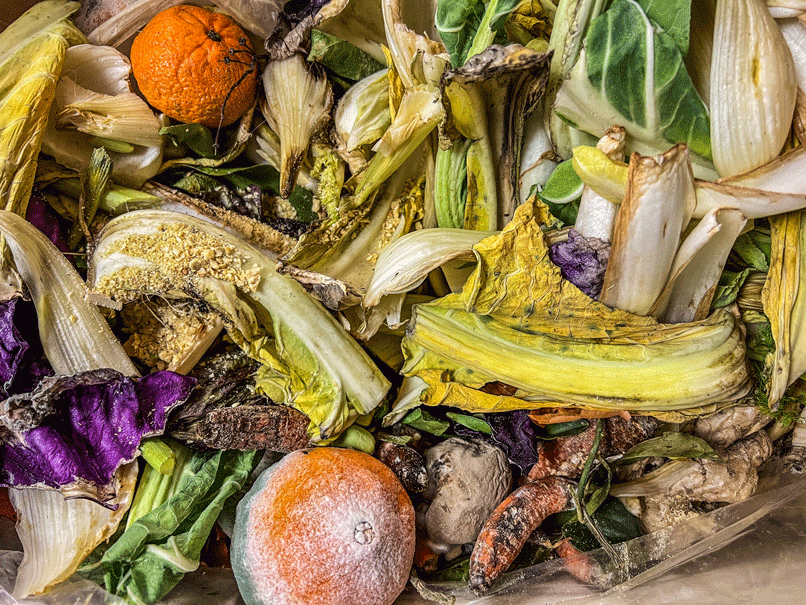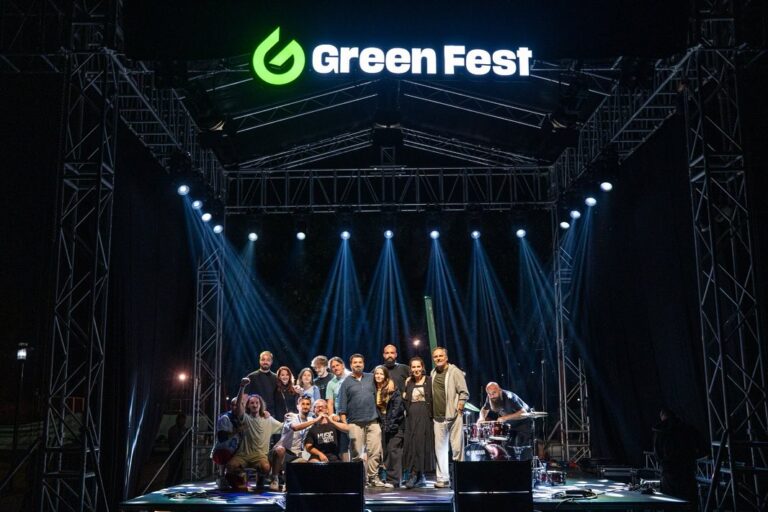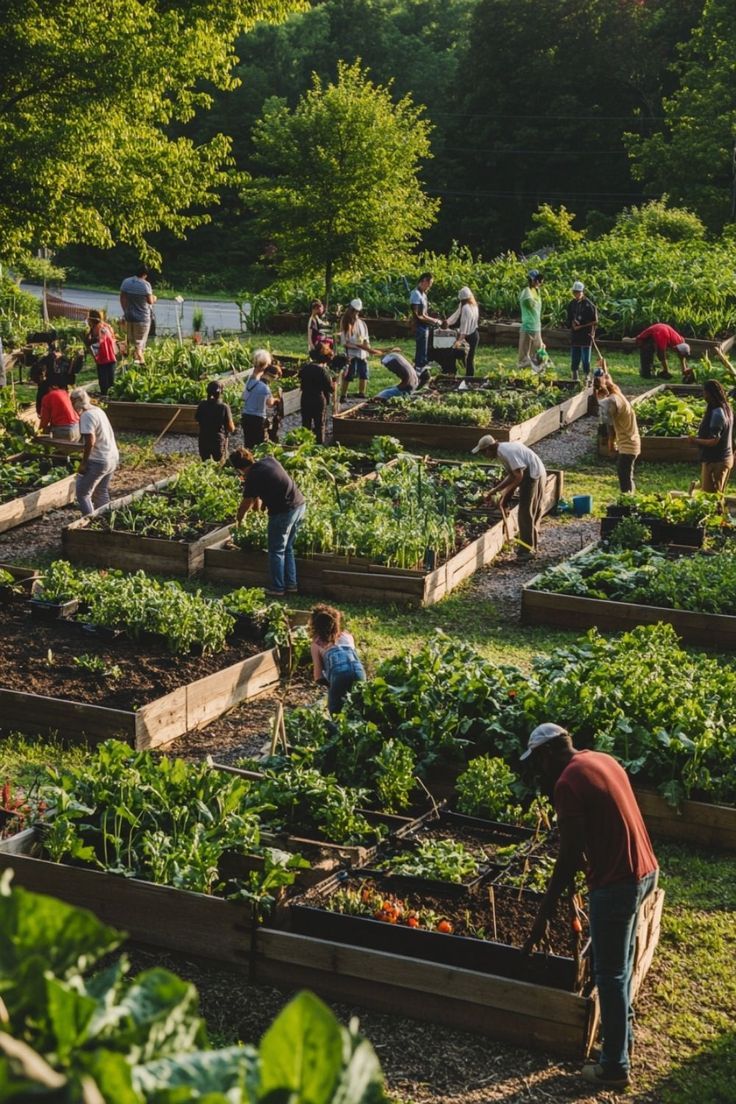According to Food Waste Index of the UN Environment Program, 17% of all food available to consumers worldwide is thrown away each year. This amount could fill 23 million trucks, representing a huge waste of resources and a significant contributor to greenhouse gas emissions.
The environmental impact of food waste is multifaceted, affecting everything from climate change to resource depletion. Food waste decomposes in landfills, releasing methane, a greenhouse gas 25 times more powerful than carbon dioxide at trapping heat in the atmosphere. This contributes significantly to global warming, changing weather patterns and disrupting ecosystems.
Every bite thrown away means a waste of precious resources that could be used to feed a hungry world. The food we waste is not just the edible part. It represents the vast amount of resources invested in its production – water for irrigation, land for cultivation, fertilizers and pesticides for growth, and energy for transport and storage.
Here are some disturbing facts about food waste:
- Landfills are overflowing with food waste
– Decomposing food releases toxic liquid that can contaminate soil and water sources
- Overuse of land and resources for food production contributes to deforestation and habitat loss, threatening biodiversity and affecting pollinators and wildlife populations.
Food waste exists in stark contrast to global hunger. While millions go hungry, a significant portion of the world's food supply goes uneaten. This raises ethical concerns about resource allocation and the need for a more sustainable food system.
We have the power to change. By planning meals and creating shopping lists, we can avoid impulse purchases and buy only what we need. We can use the leftovers for new dishes or freeze them for later. Understanding food labels helps us distinguish between "use by" and "best before" dates, and use our senses to check food. Proper storage extends the shelf life of foods and composting waste turns into a valuable resource for the garden.
By taking these simple steps, we can reduce our personal food waste footprint and contribute to a healthier planet.






